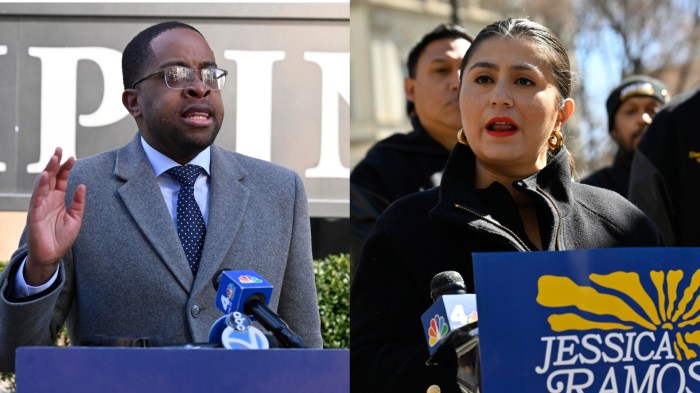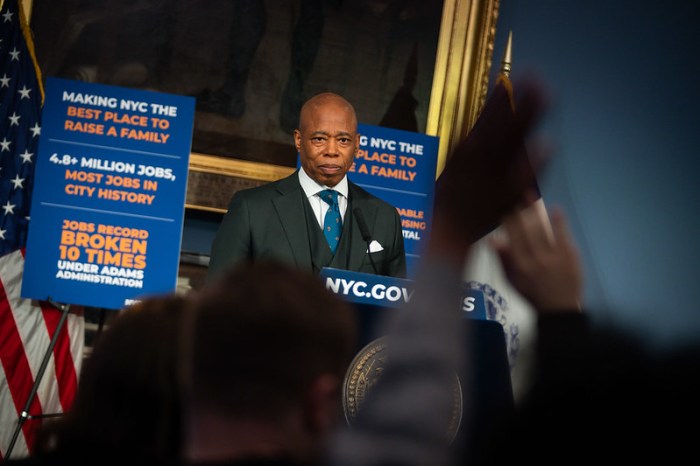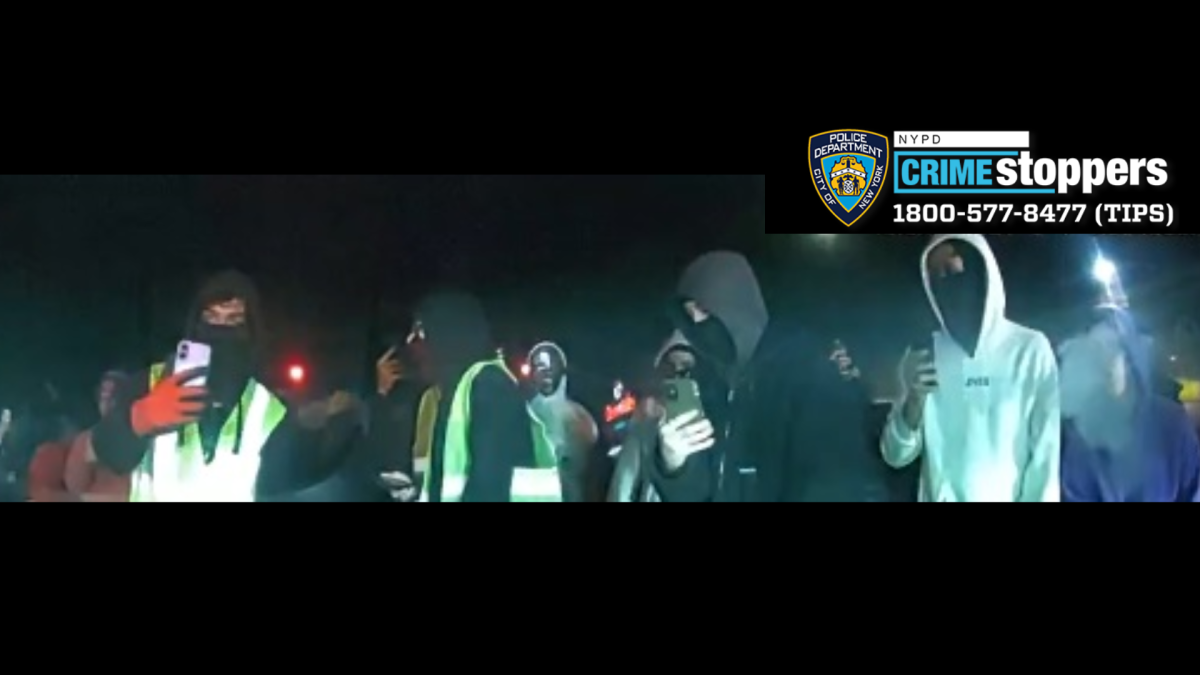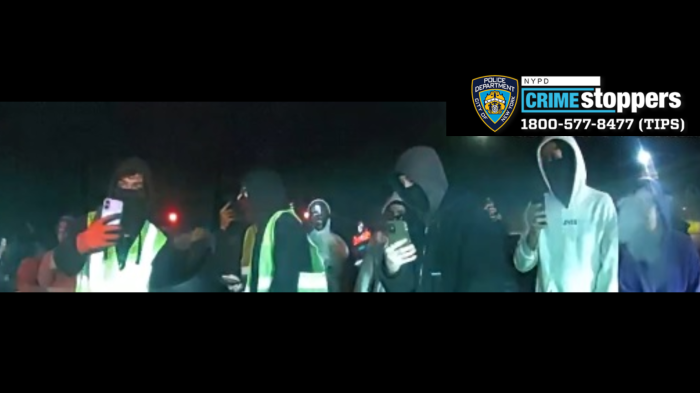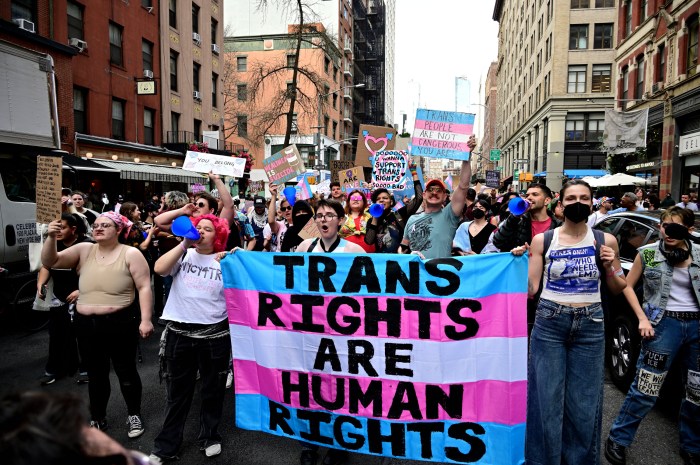New Yorkers had some big decisions to make on Tuesday. And not all of them had to do with who would be the next mayor.
The back of the ballot had three important questions for voters to answer about a constitutional convention, corruption penalties and parkland policies.
Learn more about the three referendums, and how New Yorkers voted on them, below:
1. ‘Shall there be a convention to revise the state constitution and amend the same?’
How New Yorkers voted: No
The “Con Con” question may have a cutesy nickname, but opponents and supporters fiercely battled over whether New Yorkers should seize the opportunity available every 20 years to hold a constitutional convention.
People who wanted the convention, such as the good government group Citizens Union, believed it was the only way to reform what ails Albany. Supporters pointed to the continuing dysfunction and corruption scandals in the state legislature.
Citizens Union said a convention would have opened up the constitution and made “much-needed reforms to improve the performance of our state government, strengthen[ed] the integrity of our political institutions and reform[ed] our broken 20th-century voting and electoral systems.”
There was strong opposition from public labor unions, which urged their members to vote no. They believed a convention would allow wholesale changes to pensions and other long-held protections for civil servants.
The New York Civil Liberties Union also opposed the convention, making them unlikely allies with the city’s police unions.
“It puts the entire document, everything that is written into our state’s fundamental law up for grabs,” NYCLU Executive Director Donna Lieberman said ahead of the vote. “We would be putting all of our fundamental rights as New Yorkers on the block to be decided by a group of people that is really not a reflection of the people of the state of New York.”
If the referendum had passed, voters would have had to elected delegates to represent their interests at the convention. The 204 delegates would have then discussed how to reform the constitution and proposed amendments. The amendments, selected based on majority vote, would have appeared on a future ballot.
2.‘(Should there) be an amendment to allow the complete or partial forfeiture of a public officer’s pension if he or she is convicted of a certain type of felony?’
How New Yorkers voted: Yes
This change will impact elected officials and many appointed government officials who are convicted of a felony crime that “has a direct and actual relationship to the public officer’s official duties.”
As of Election Day, only public officials who took office after 2010 could risk losing their pensions if they were convicted of certain felony crimes, according to watchdog organization the New York Public Interest Research Group. This change allows courts to reduce or revoke a pension for officials who took office before 2011. But it only covers crimes that take place on or after Jan. 1, 2018.
The push for this amendment came after more than two dozen elected officials were charged, convicted or sanctioned for corruption charges, but still received their full pensions.
3.‘(An amendment to allow) public utility lines and bicycle paths on certain state lands in the forest preserve and establishing a forest preserve health and safety land account.’
How New Yorkers voted: Yes
Preserving the state’s forests is something many New Yorkers take very seriously. But in some cases, protected land forces municipalities to contend with costly delays in building water wells and fixing hazardous roads.
According to the New York State Board of Elections, the amendment will create a land bank with up to 250 acres of forest that can offset preserved land that municipalities cannot avoid doing work on because of a specific “health and safety” need.
The amendment permits the construction of bike paths and utility lines on some highways that cross preserved land.
With Lauren Cook




